Media | Articles
Our Two Cents: Truths you learned with your car
In this episode of Our Two Cents, we asked the crew here at Hagerty Media about the one truth they learned while doing something with their car. It can be while working, driving, or maybe even daydreaming about their car.
To wit, I distinctly remember one time in high school with my algebra teacher caught me daydreaming about some sleek, fast, and stunning performance car . . . instead of actually doing my classwork. But quadratic equations haven’t done much for me since then, but my daydreams about cars led to a career here with you wonderful folks. But that’s a little off-topic, so let’s get back to the question:
What’s one truth you learned with your car?
Be patient
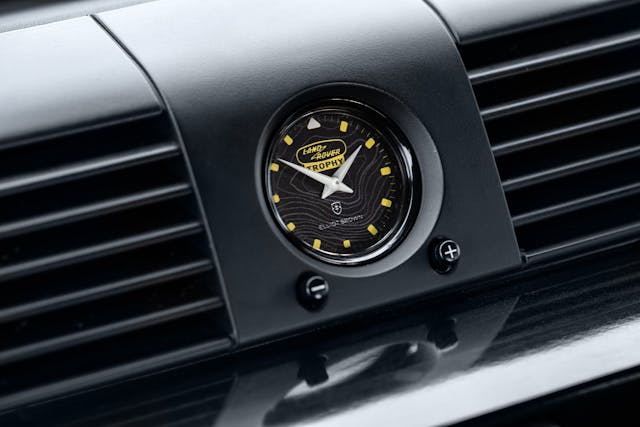
For starters, senior editor Eddy Eckart reminds us to not get too caught up in the work and to remember that good things come to those who wait: “Any decent-sized project will always take longer than you think. Patience really is a virtue. If you get stumped, solutions come to you by walking away for an hour/day/week.”
Bite off what you can chew

Smaller bites are usually much better for you. Hagerty Price Guide editor Greg Ingold gives a great follow-up to Eddy’s insight: “Big projects are best done in smaller, manageable bites. Take your time and set small, goals for yourself, which feels good when you hit them. The project will go smoother and be far more rewarding than just diving in without a plan and tiring yourself out physically and mentally. It’s kinda like what Eddy said.”
Marketplace
Buy and sell classics with confidence
Your happy place
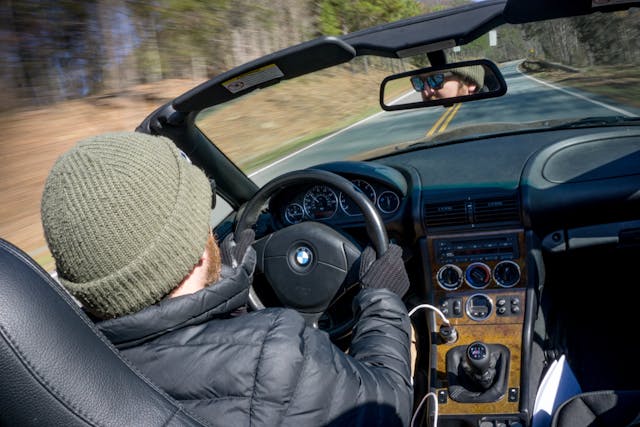
Executive editor Eric Weiner reminds us all that self-care is a universal notion. No, you may not need a spa day; you may just need to clear your head with a long drive or quality time with like-minded friends: “First off, a day I drive my convertible is almost always better than a day I do not. Secondly, working on my own cars is a lot more enjoyable with the right space, knowledgeable friends to lend a hand, and the right tools. These are two of my happiest places.”
Potential energy has . . . potential?
Community coordinator Eugene Leeds is being a little coy about a suspension modification he once performed on a car, but we can read between the lines: “Springs are easy and safe to change out.”
Avoid compounding interests on a project
Yours truly is all about the compounding effect: If you are trying to multitask, and are unaware of your surroundings (heat exhaustion, for example), you will inevitably make a boneheaded move. This is relevant to driving, too, especially in wheel-to-wheel races.
I can’t tell you how many times I have bought parts from online vendors, psyched myself up for a big project, gotten sidetracked by life, become overheated in the Houston summer, and wound up in a fog that keeps me from my intended accomplishment.
It’s all in your head?
Editor-at-large Aaron Robinson is a master of minimalist wordsmithing: “If it’s hard, you’re probably doing it wrong.”
Time value of money
While “the time value of money” is normally associated with financial investing, editor Kyle Smith wants you to consider the concept when investing effort into your vehicle.
Saving money means spending something else—time or frustration, for example. It is possible to do projects and tasks on the cheap, but in order to save money we forfeit other things that are potentially more valuable. As difficult as it is to convince myself to pay someone to fix something, extra time with family or less stress in my life can be worth the cost. It’s all about perspective.”
I am sure we could come up with even more nuggets of wisdom, had I given the team a bit more time to consider their accomplishments and failures. But since we usually shoot from the hip at Our Two Cents, the only thing that remains is to ask you about the matter at hand. So go ahead and tell us: What’s one truth you learned with your car?
***
Check out the Hagerty Media homepage so you don’t miss a single story, or better yet, bookmark it. To get our best stories delivered right to your inbox, subscribe to our newsletters.
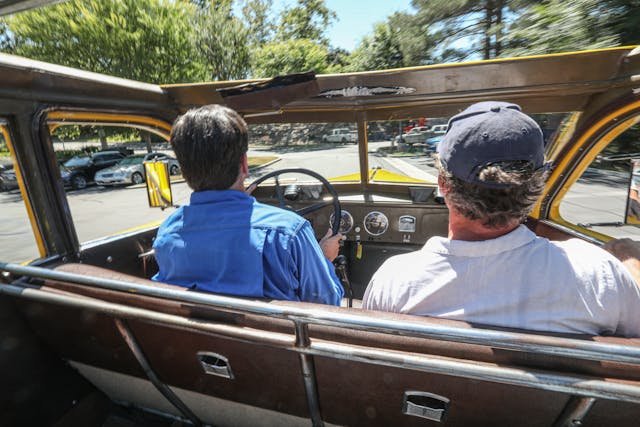
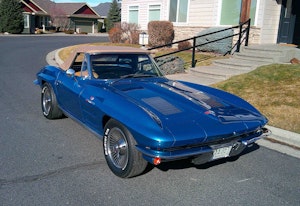


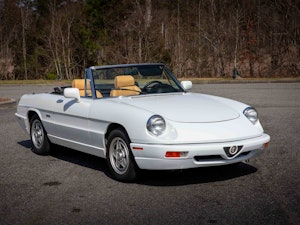
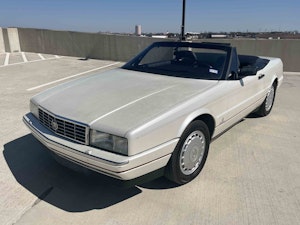
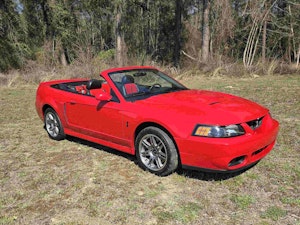
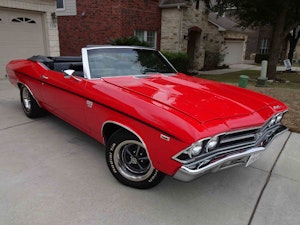
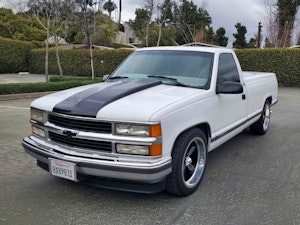
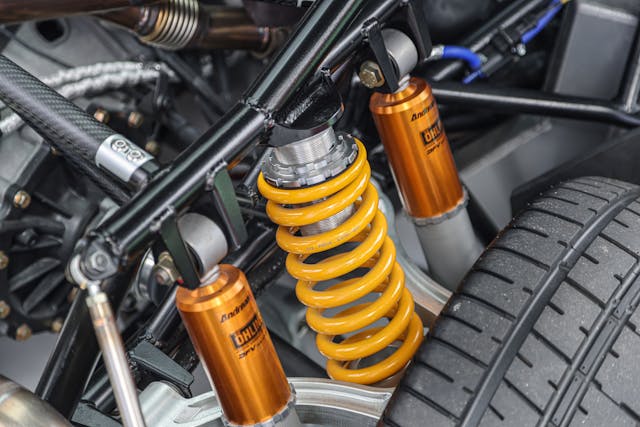
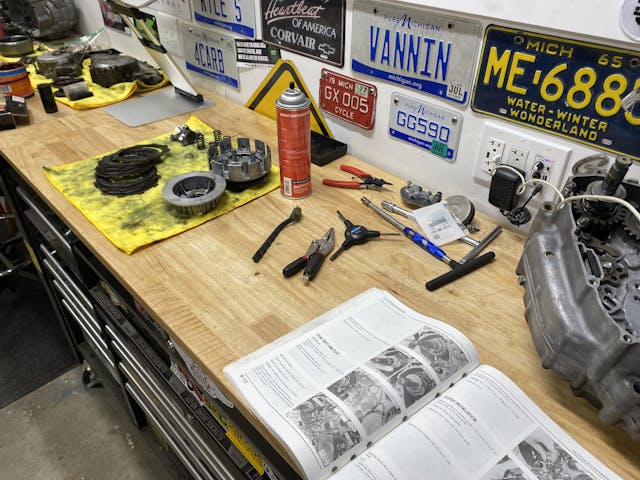
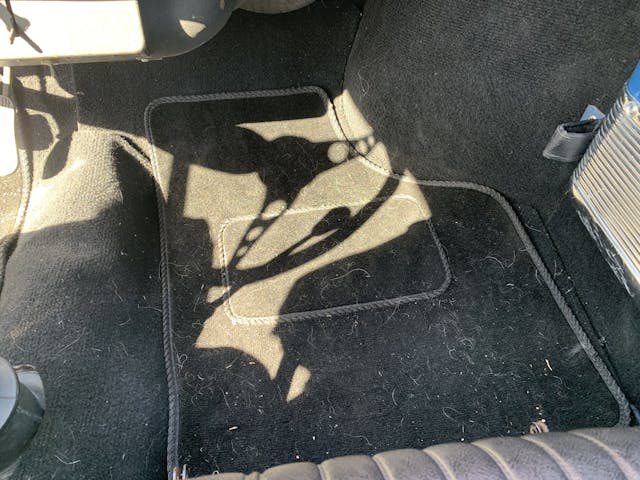








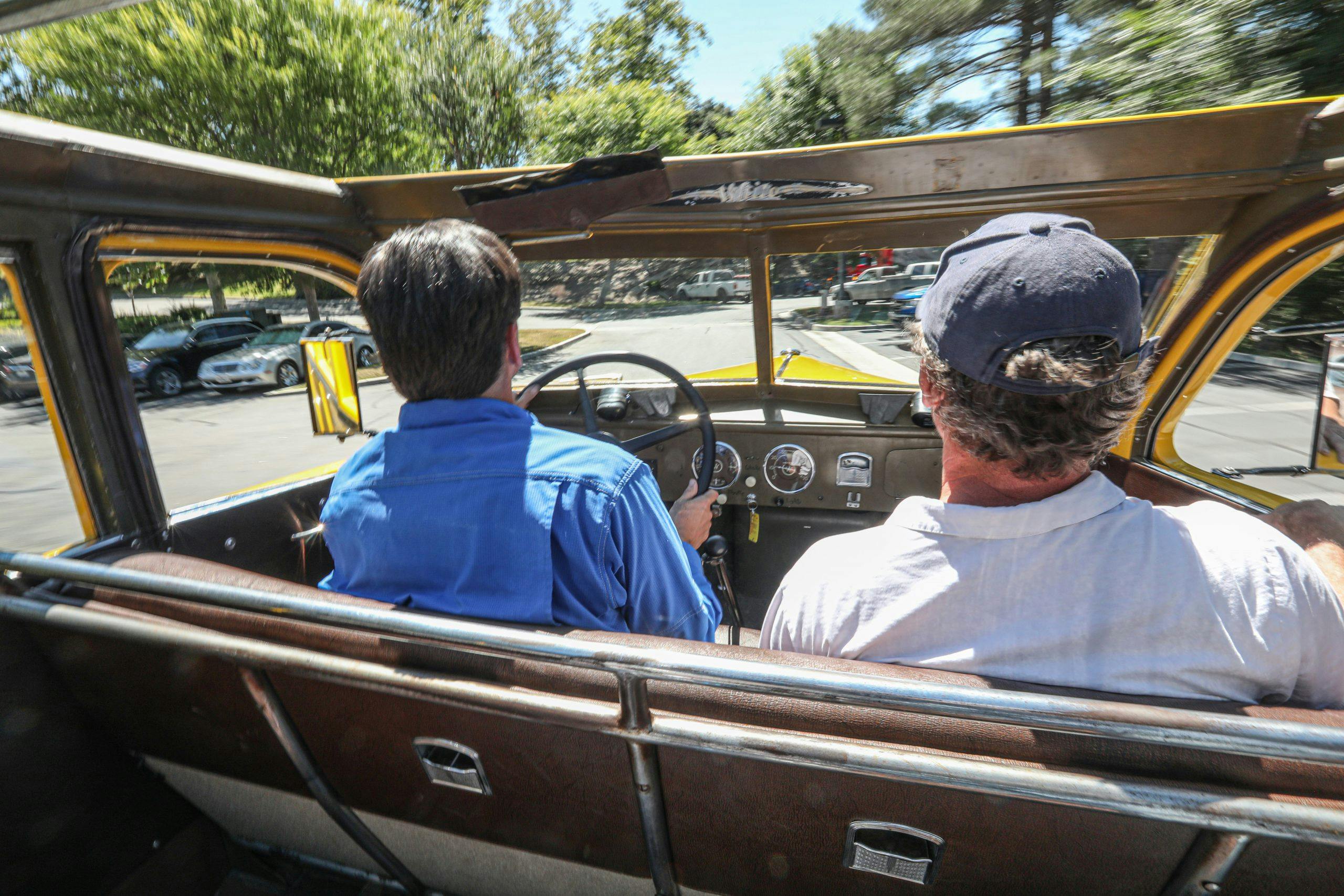
A long drive in a pretty place is all the therapy I need.
If you cant afford it DONT do it! I have seen to may friends buy a car or start a project that they really cant afford. This lesson was taught to me by my uncle. He had an XK 150 that had been sitting in his shop for years. He made the determination that he would sell it as he had to many cars to finish and not enough time.
As a young 25 year old I could get the cash to pay is asking price. He outright refused to sell it to me. I was so hurt and upset, he kept saying this will ruin you financially. At the time I could not see how. But he was right. Not only did I not have all the tools needs, I didn’t know how to do all the different type of jobs required to get this fine auto back on the road. It would have ruined me.
But there was a very happy ending, 4 years later I bought a stalled project 58 Bugeye Sprite and turned it into a concours winning car! He along with my father were so helpful and truly the helping hands needed to execute the restoration.
Great comments everyone!
Never were truer words spoken. Most, but not all of us spent the time and frustration because we didn’t have the money, (usually when we’re younger), then when money isn’t such an issue…the statement below is so very true…
Saving money means spending something else—time or frustration, for example. It is possible to do projects and tasks on the cheap, but in order to save money we forfeit other things that are potentially more valuable. As difficult as it is to convince myself to pay someone to fix something, extra time with family or less stress in my life can be worth the cost. It’s all about perspective.”
As one gets older it’s easy to fall into the minds willing,but,the body’s not trap. That’s based on personal experience.
This entire thread should be required reading!
ALWAYS buy the seller before you buy the car. CHEAP never is. ………….Jim.
Actually drive the thing….
Purchased a beautiful 2003 Mustang Centennial Convertible a few years ago with maybe 25K miles (previous owner stored it through Winter months) on it.
It took me until last Summer to take a serious road trip, even longer to drive it if it was threatening rain in the forecast. Might seem ridiculous (it does to me now) but ya, get out there!
Fix it now; later it will be ten times worse. Expensive cars are expensive, even when they’re old and cheap. It is always cheaper to buy a car someone else spent their life savings to restore. Join the club. Listen to what you’re told. Your friends are probably right. If you totally, utterly MUST own one, buy it. It will never be a sensible purchase, only more expensive. If a car has bad paint, subtract 6-10k from the price of a good one. The best deals are always between people who know each other. Have a parts car. Take more pictures than you need. A bad day at a car event is better than whatever the other option is. Get the biggest possible garage. Don’t marry someone who is not a car person. You will both be miserable. If they want to make you club president, thank them and decline. The older you get, the faster you were, the faster your car was, and the faster and more famous your competition. At least once in your life, attend the national event for your car club. Tools expend to fill the space available to hold them. Also, spare parts.
When I was 15 I had no idea of what mechanical aptitude was let alone know that I had it in spades. I knew Dad had tools and that I knew how to make stuff out of wood, I also knew how to turn stuff made out of wood into money. My first car was older than me, Dad found it for me and was nice enough to buy it, get it serviced and hand me the bills. I quickly learned that there aren’t too many mechanical things I can’t figure out and that I was pretty adept at fixing things like cars. Working on cars and fixing them comes easy to me, that was lesson one.
When I went into the military I was given an amazing choice between a 1985 Pontiac Fiero and a 1968 Corvette convertible with a 327 for the same price. The Corvette was owned by a Vietnam vet who told me that even though he wanted me to have the car it might not be the best idea because the car could get me killed while it was parked in storage because I would be thinking about it and not what I was supposed to be doing. He actually ended up getting less for that car than I was willing to pay and after I got out neither of us regretted the way things went down. If you are going to obsess over a car to the point that you become overly distracted that is the wrong car for you. Lesson Two.
Vietnam was not my war, but I served with a lot of Vietnam vets and I consider them my friends. I have hung out with car people from every war from WW II to Operation Enduring Freedom. They love talking about their cars. We might give each other a hard time about what we did, but the car people love their cars. Between Memorial day and Labor day find the closest VFW to Lime Rock and go there on a Thursday night and find out. Find the car with the Dolphins on the back and you might find me hanging with my people. Bonus lesson, if you have been through something that almost no one can understand a car and car people might be better therapy than actual therapy.
Where are the words of wisdom to accompany the White National Park bus in the lead photo??
Had a 1960 AH Bugeye for 28 years. Never any engine work. Replaced many bushings, did basic wiring repairs. Mostly original. Let the experts do things like brakes, windshield replacement, gearbox replacement. Had a absolute ball. Taught one daughter to drive it, other daughter was navigator, copilot on road rally, trips to beach, ball games. Put 20,000 miles on it, little downtime. Always answering questions at the gas stations. Sold it to David Silverkleit, otherwise known as the “Bugeye Guy”. Know your limits, enjoy the memories.
When someone with experience offers advice, listen to them and trust their wisdom.
I think it’s a hard but necessary lesson to realise that what you could do in your twenties or thirties is not so easy in your sixties. You need to be willing to alter your aim a little and accept that some jobs are so much easier on a hoist, than under the car on cold concrete, it might be worth paying someone to do them. I maintain four cars, and find nowadays that after a major service I can still feel it for several days afterwards. Do what you are good at but know your limits, or you may end up hating the car for how it has hurt you.
My interest in cars from childhood has made me work steady (the Old man was allergic to work) so wasn’t a good example –
The main thing I learned is that none of the tools available to install a rear main bearing seal without dropping the crank actually work.